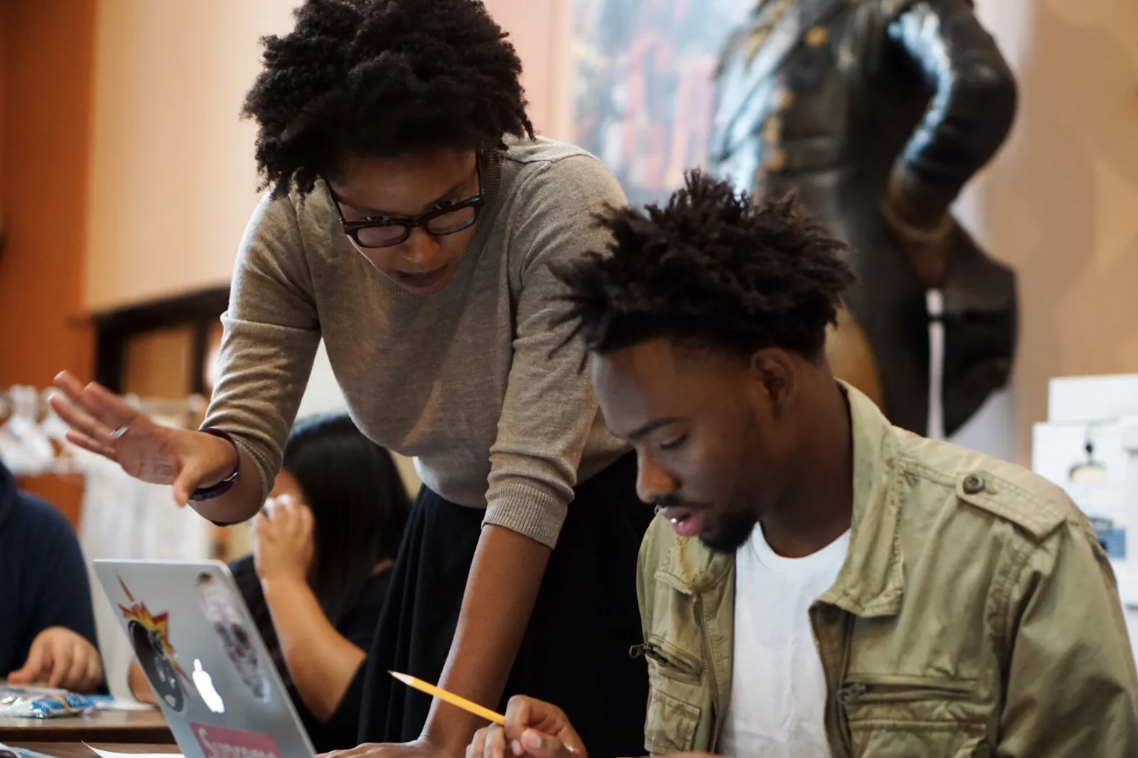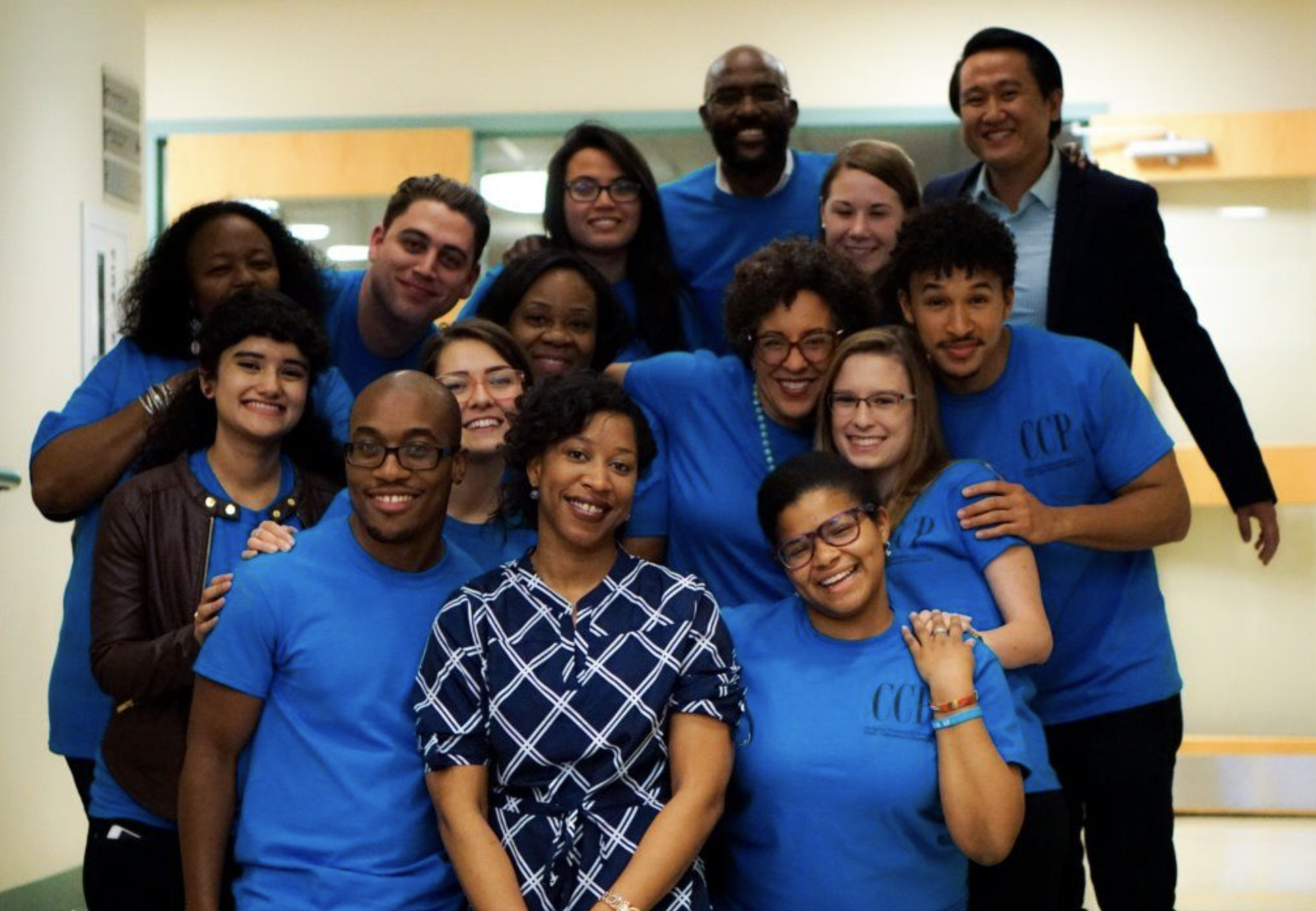Colored Conventions Project
Bringing 19th-Century Black Organizing to Digital Life
Dr. Foreman is the founding faculty director and current co-director of the nationally recognized Colored Conventions Project.
Featuring digital exhibits, k–12 teaching curricula, and extensive teaching resources, the CCP is a scholarly and community research project that brings the world of 19th-century Colored Conventions Movement to digital life through dynamic partnerships and innovative collaborations.
Founded in a graduate class at the University of Delaware and currently housed at Penn State University, the CCP brings together interdisciplinary scholars and students, librarians and independent researchers, national teaching partners and media specialists, academic institutions, and members of the public.
Led by Dr. Foreman, Dr. Jim Casey, graduate students, and library team leaders across institutions, CCP uses inclusive models and partnerships to locate, transcribe, and archive the documentary record related to this nearly forgotten history, and we curate digital exhibits that highlight its stories, events, and themes.
Featured in the New York Times, Slate, Forbes, History Matters, and more, the CCP is built on core principles that highlight and center the lives of Black men and women, Black communities, Black intellectual production, and Black economic health.
Click below to learn more about the CCP and explore its beautiful array of online exhibits, teaching curricula, and resources.
Order the book!
Well before the founding of the NAACP and other twentieth-century pillars of the civil rights movement, tens of thousands of Black leaders organized state and national conventions across North America. Over seven decades, they advocated for social justice and against slavery, protesting state-sanctioned and mob violence while demanding voting, legal, labor, and educational rights.
This was the Colored Conventions Movement.
Collectively, the essays in this volume highlight the vital role of the Colored Conventions in the lives of thousands of early organizers, including many of the most famous writers, ministers, politicians, and entrepreneurs in the long history of Black activism.




